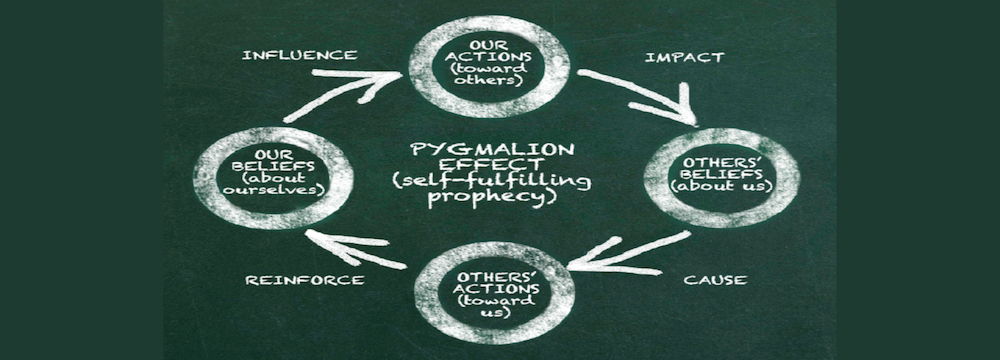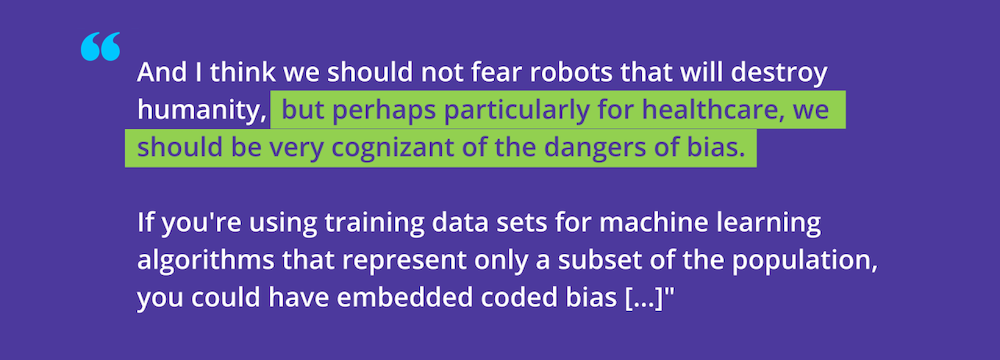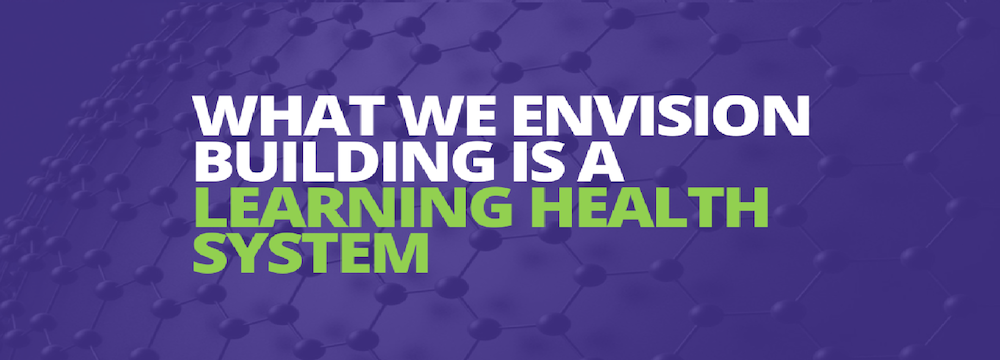Physician Resources
In the latest edition of my newsletter, I extended an invitation for us to reflect together the challenges and opportunities presented by the integration of artificial intelligence in healthcare. While #AI is progressively finding its way into diverse service sectors, we are still deliberating its advantages and disadvantages.
However, I have found that particularly for patients the concept of #AI still seems somewhat abstract!
After all, in the context of healthcare, how can #AI help us?
Here, I’ll share some examples of medical devices that are either already in use or soon to be commercially available:
1. CorVista
CorVista Health is applying machine learning to develop a novel cardiac diagnostic platform. The CorVista System is a non-invasive, point-of-care solution that allows physicians to evaluate heart function without radiation, contrast agents, injections, fasting, or exercise.
How it works: After collecting thousands of data points from patients, they built an algorithm that identifies significant blockages in the heart arteries. They trained the algorithm using arteriograms of patients with and without blockages. After “training the algorithm,” they validated it. And it had an ability to predict significant disease similar to the current standard of care.
Benefits for the patient: Quick, non-invasive, and accurate test. The test doesn’t require specialists on-site and therefore could be used in smaller rural facilities. It can expedite care. And there is no need for IV dye or nuclear tracers to be injected.
2. Cardiokol
Cardiokol is a company that uses AI to diagnose atrial fibrillation from voice. Humans can’t do that. The algorithm will soon allow us to diagnose or monitor diseases as we simply talk on the phone – if we choose to install an app that analyzes our voice.
How it works: An #AI algorithm was “trained” to look for variations in our voices caused by arrhythmias. This proprietary technology, which has been validated can be implemented in smartphones, smart speakers, and voice assistants.
Benefits for the patient: It is a low-cost, risk-free, long-term, and age-friendly monitoring solution, applicable to mass at-risk populations of older adults. It can transform how we screen for, diagnose and monitor patients with atrial fibrillation.
3. Volta
Volta utilizes an algorithm that analyzes electrical activity in the heart during ablation procedures (performed to try to correct heart rhythm problems). The algorithm assists physicians identifying areas of interest to target during the procedure to improve the chances of long term success.
How it works: A new technique to identify areas of interest called dispersion mapping was created and it showed promising results. The algorithm was trained to identify those same areas. When a clinical trial was conducted using the algorithm in several new institutions, the results were similar to what was seen in the original study. This thereby helped physicians who were not familiar with the technique to use it without a learning curve and reproduce results immediately.
Benefits for the patient: the #AI algorithm guides real-time decision-making and was shown to shorten the physician’s learning curve. This could improve patient outcomes.
4. Nuance
Nuance is an AI-powered ambient clinical intelligence solution that automatically documents patient encounters at the point of care.
How it works: The software “listens” to the conversation between patient and the clinical team. It transcribes and analyzes to then organize it into an accurate clinical note. This solution can significantly decrease the time that clinicians devote to clinical documentation.
Benefits for the patient: The use of the software not only streamlines processes but also creates space for the clinical team to have quality time with the patient.
Countless Possibilities
These are just some examples that are already or will soon become available in healthcare. I chose these companies because they each highlight a unique way that #AI could impact the healthcare field:
- Improving the ability to diagnose diseases (Cardiokol and Corvista)
- Changing the ways that we screen and monitor patients (Cardiokol)
- Helping physicians adopt new techniques and improve outcomes during surgery (Volta)
- Streamlining and reducing the burden of documentation in healthcare (Nuance)
It is critical that we demystify #AI, particularly in healthcare. Bringing patients and consumers to this conversation, with the understanding of the challenges and also the possibilities will maximize our chances of having #AI transform our society positively!
Dr Jose Osorio
Miami, FL





